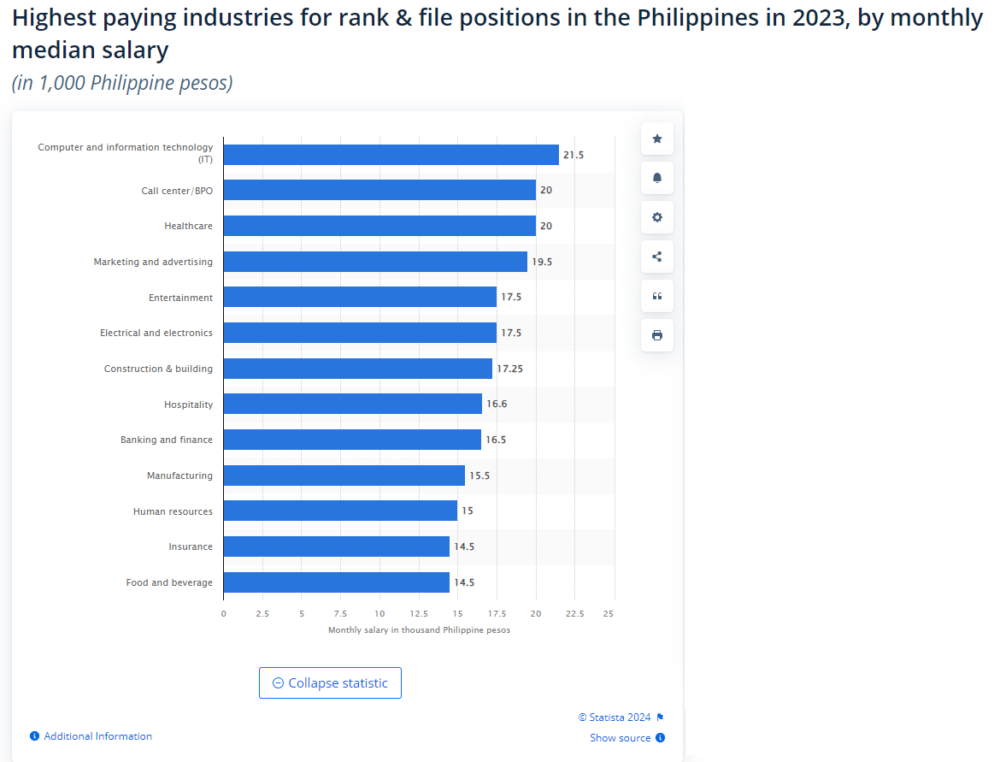It’s a case of expectations vs. reality
When you graduate from higher education and can finally call yourself a degree-holder, something changes. You feel like you’re an adult, ready to make decisions for your future. It’s no longer about which class fits your schedule or which teacher is more lenient with grades. Suddenly, it’s about which company offers the highest entry-level salary, or which industry offers the best benefits. It’s a sensitive subject to talk about, but let’s dive into that first salary number.
Because I can’t talk about anyone else, I’m going to talk about me. I first entered the corporate work force in 2012—two days after my graduation—and had the grand monthly salary of P16,000. At that point, it felt like a lot. I could finally go out to dinner with friends without asking my parents for extra money. I could buy myself clothes without dragging my mom around the mall. I could finally, finally afford things. But that’s probably a number that most new graduates would scoff at.
Let’s talk about the reality. Currently, the minimum wage in Metro Manila is P610 a day. If you work an average of five days a week, that’s P3,050. Four weeks in a month bring your monthly salary to P12,200. I know what you’re saying, you won’t say yes to minimum wage. You graduated from a top university, you took a course that promises a high pay grade—and all that might be true. But you have to be realistic, too.
Take allowances, for example, which are usually how companies bump up their employee’s base pay. Unless you’re in sales and marketing, chances are you won’t get any form of allowance (clothing or transportation) in an entry-level position. Same goes for non-monetary benefits like a service car. If you’re lucky, your company will give you an annual medical allowance (mine was P5,000 in my first job) that you can liquidate with any Mercury Drug receipt, whether it was actually for you or someone else.
Now let’s talk about expectations. In your job interviews, you will be asked what your expected rate is. And, as someone who has also been on the other side of things, an amount that’s a lot higher than expected can be a turnoff. But fortunately, we live in the age of technology and research is available:
via Statista
Note that these are already the highest paying industries in the Philippines, but they are for rank and file (read: entry level) positions. Of course, you should always haggle higher, but the thing is, you shouldn’t be insulted if the offer is well within range of the normal.
But if you have a license—accountancy, engineering, law, medicine, architecture—then the numbers go up, because you are compensated for the extra years you put into getting your license.
When it comes to first salaries, it’s nice to put your worth out there and nicely ask for the proper compensation. But when it comes down to it, always be realistic. Ask your questions and negotiate with respect, and don’t be insulted when it isn’t what you expect.
Art Alexandra Lara



















